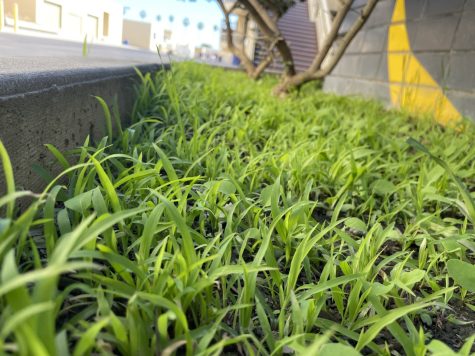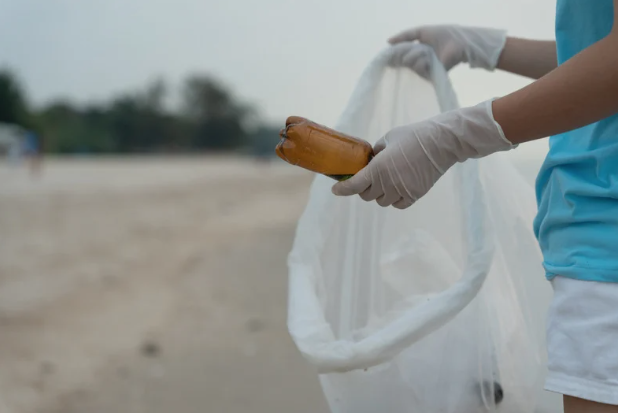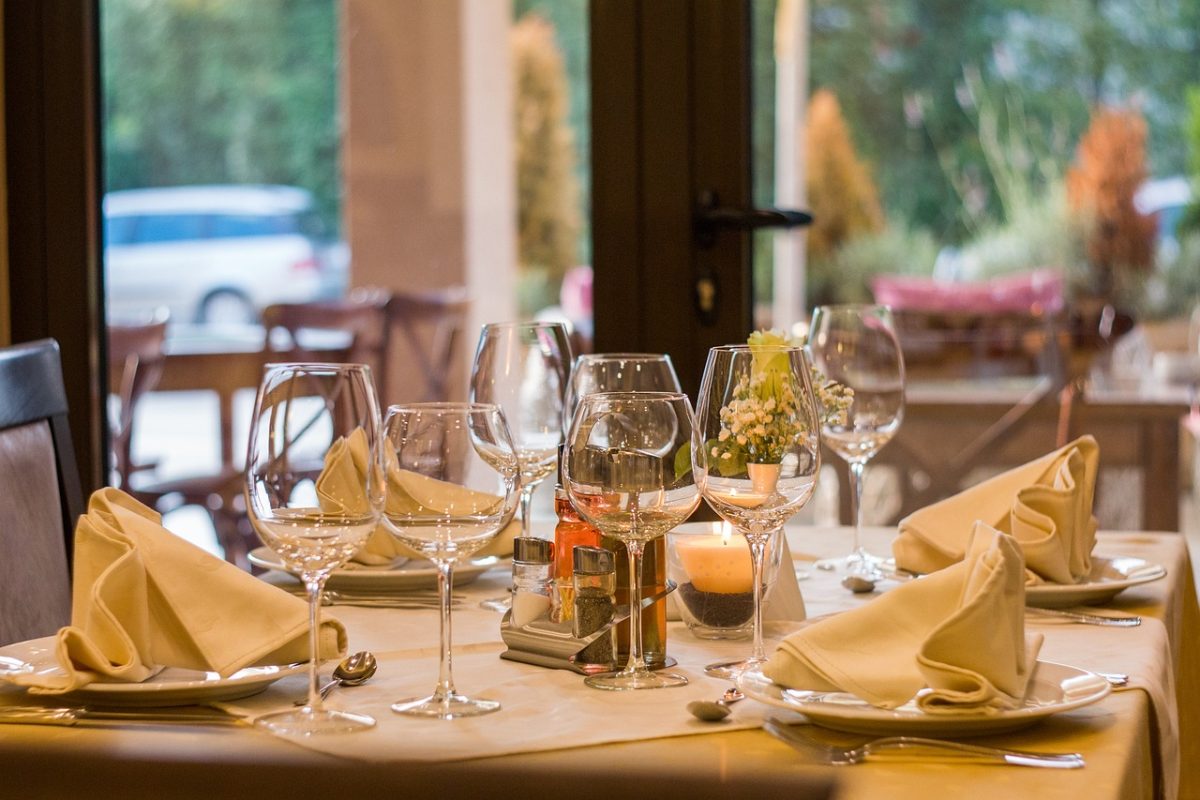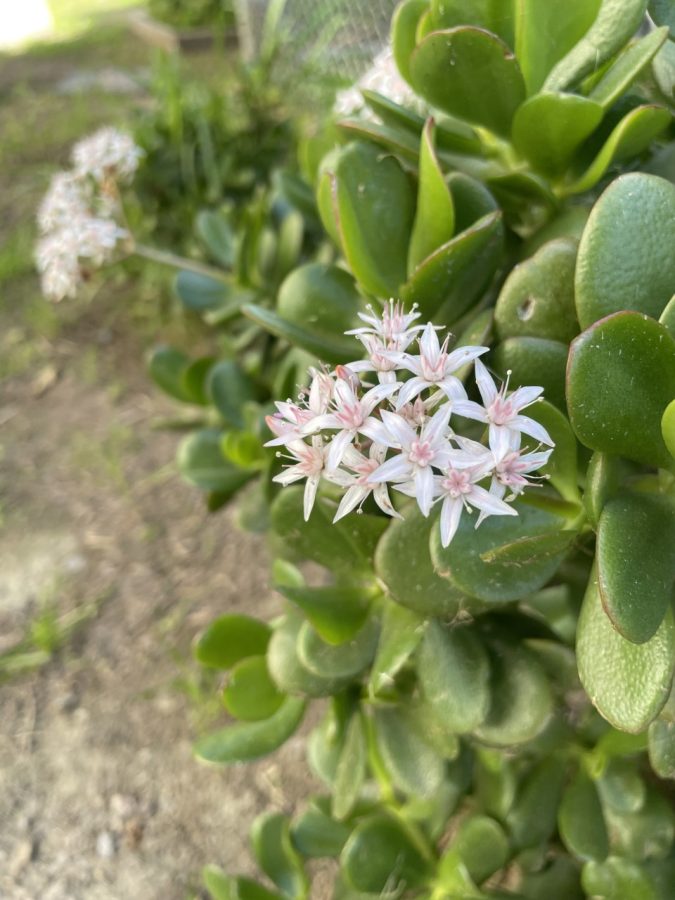Green Gardening Calm Conscious
Picture of flower representing something that could go into the new Millikan garden.
March 2, 2023
American stress levels are rising rapidly, especially for the average American teen whose daily routine consists of waking up, going to school, extracurricular activities, homework, and then finally going to sleep. One of the most popular ways of dealing with this stress is being outside.
“Being outside playing sports like soccer makes me forget about school and other stressors I have in my life,” said Fiona Rowe, a QUEST sophomore, ” It makes me feel calmer.”
I propose a garden as an extension of the Wellness Center for students, teachers, and staff to use when they feel anxious and stressed. I know that there is already a student run garden on campus, but it is not accessible for everyone in our community.
In an article titled “The Wellness Benefits of the Great Outdoors” by the US Forest Service it was said, “There are many mental wellness benefits associated with being outside in green spaces, such as lower risk of depression and faster psychological stress recovery.”
It has also been demonstrated that being outside and interacting with nature has cognitive benefits.
“Green spaces near schools promote cognitive development in children, and green views near children’s homes promote self-control behaviors,” stated an article published by the American Psychological Association. “Adults assigned to public housing units in neighborhoods with more green space demonstrated better attentional functioning,” it continues.
Nature and natural elements can significantly improve working memory, cognitive flexibility, and
attentional control.
Lauren Muir, a COMPASS junior, shared that she appreciates beauty in her environment and is more productive in spaces that are aesthetically pleasing.
“There are so many benefits to gardening!” said Ms. Morgan, a special education teacher, “I noticed it helps my students to be calm and put their minds at ease while trying to accomplish a task.”
You can get a ton of Vitamin D while gardening, which improves your mood. Studies have even linked Vitamin D deficiencies to depression. In California, eight to ten minutes in the sun around noon can provide enough Vitamin D for the day, according to the National Library of Medicine.
On top of the psychological benefits, this garden will also allow our community to contribute to a more sustainable life.

According to Schoolgardenproject.org, “On average, a school of 200 students generates 75 pounds of compostable waste each week.”
Millikan’s student population is almost 15 times that. Just setting up a few easily accessible compost bins could positively impact our waste emissions and feed our garden. Composting can bring us closer together as a community through a project that impacts us all.
Lastly, a garden could have a significant effect on our school’s population of pollinators. Milkweed plants line the side of the gym. These plants have likely been sprayed with pesticides putting pollinators at risk.
“In the U.S., monarchs need places to reproduce and feed. However, herbicide use is decreasing the availability of their primary food source, the milkweed plant,” stated the World Wildlife Fund.
Monarch butterflies are endangered, so making our garden space safe for them would be positive for both their population and ours.
This is a project that can be built up over time and that can be student funded, worked, and educated. I am positive that this could be a place that improves student mental health and productivity, pollinators, and our school while also bringing us all closer together as a community.





































